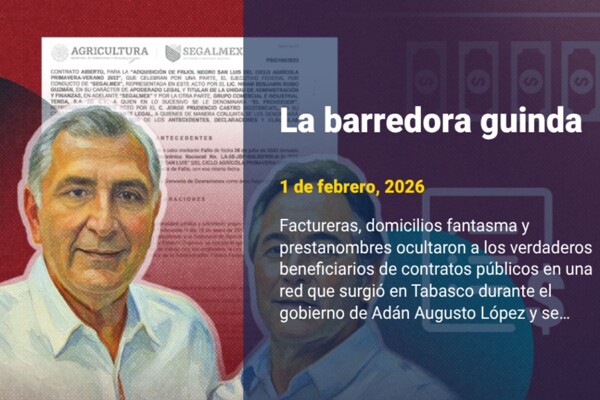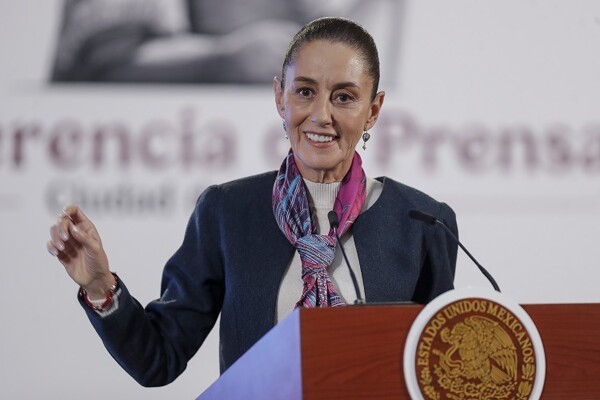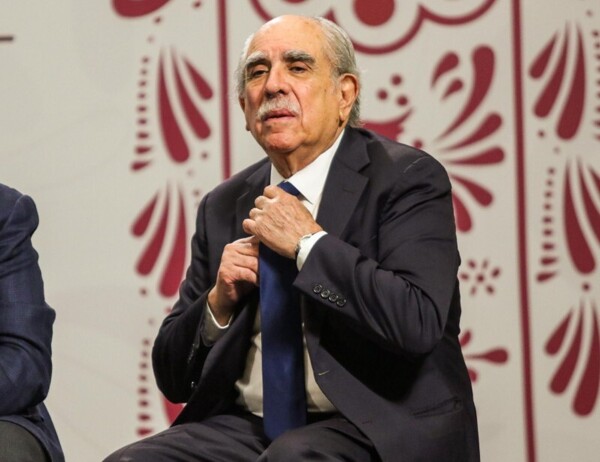
Properly organizing personal finances is essential to maintain a stable economy and avoid unnecessary debts. Viewing money allocated to health and education as an investment rather than an expense is fundamental. When making more expensive purchases, one tends to reflect more on the real need for the product, which can help avoid frivolous spending.
It is important to thoroughly analyze spending habits, identify possible areas where too much money is being allocated, and adjust the budget accordingly. Keeping fixed and variable expenses within an established budget can lead to a gradual reduction of debts and long-term financial benefits.
To maintain good financial health, it is essential to anticipate future expenses, set spending limits, and make timely payments. Prioritizing purchases, saving receipts, and comparing expenses at the end of the month with financial records are practices that contribute to maintaining adequate control of personal finances.
Furthermore, it is advisable to know income and expenditures in detail to plan effectively. If additional income is needed, seeking alternatives to increase available resources can be a viable solution. Saving a portion of income, investing wisely, and prioritizing quality in purchases are key aspects to ensure long-term financial stability.
Getting financial advice, monetizing talents, investing in oneself, and continuously learning are also important actions to strengthen personal economic situations. Keeping a detailed budget, seeking growth opportunities, and meeting health and personal development needs are essential aspects for successful financial management.














